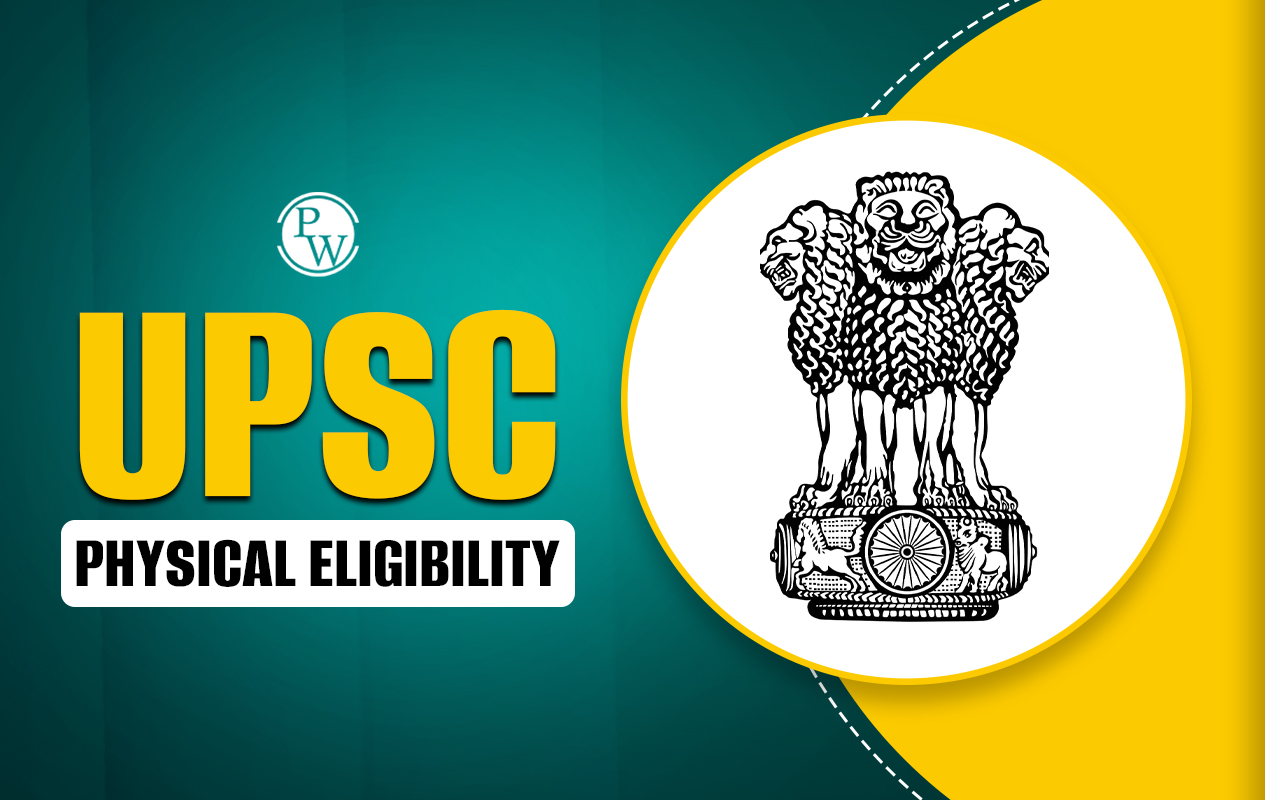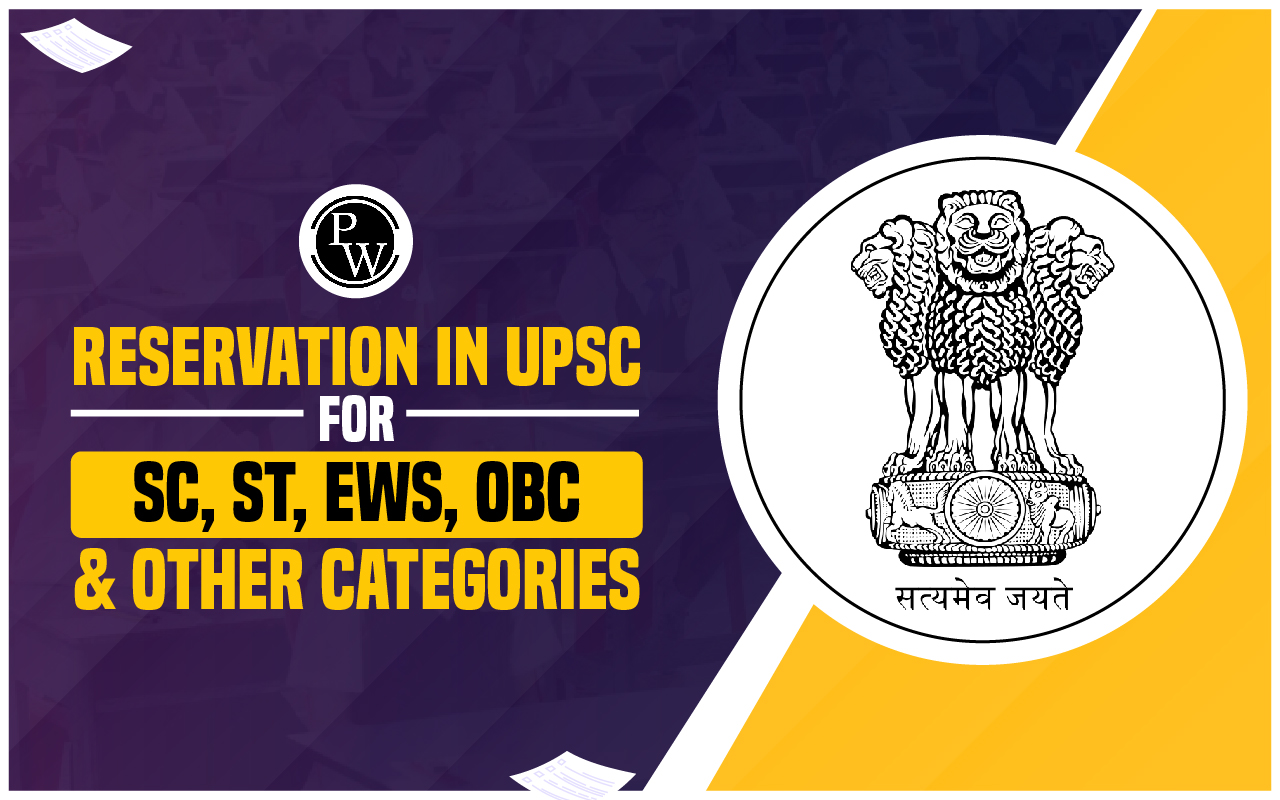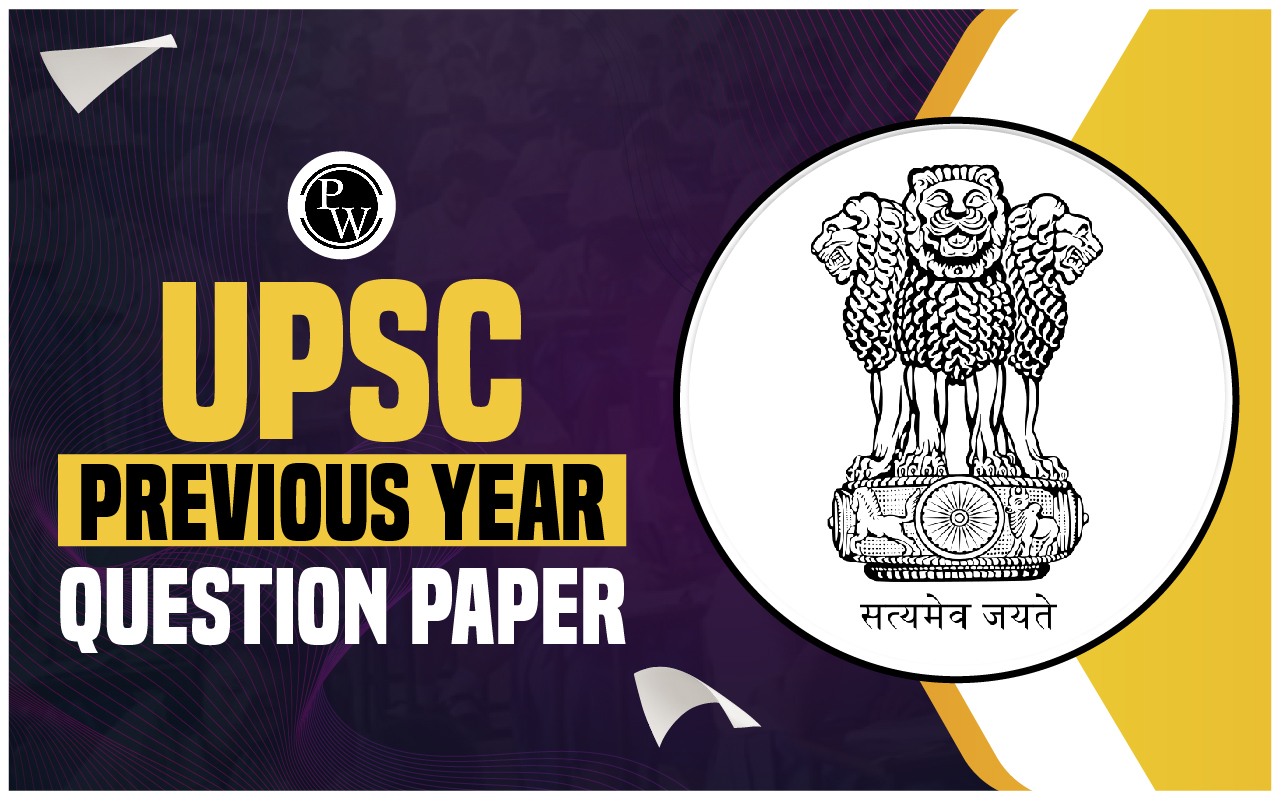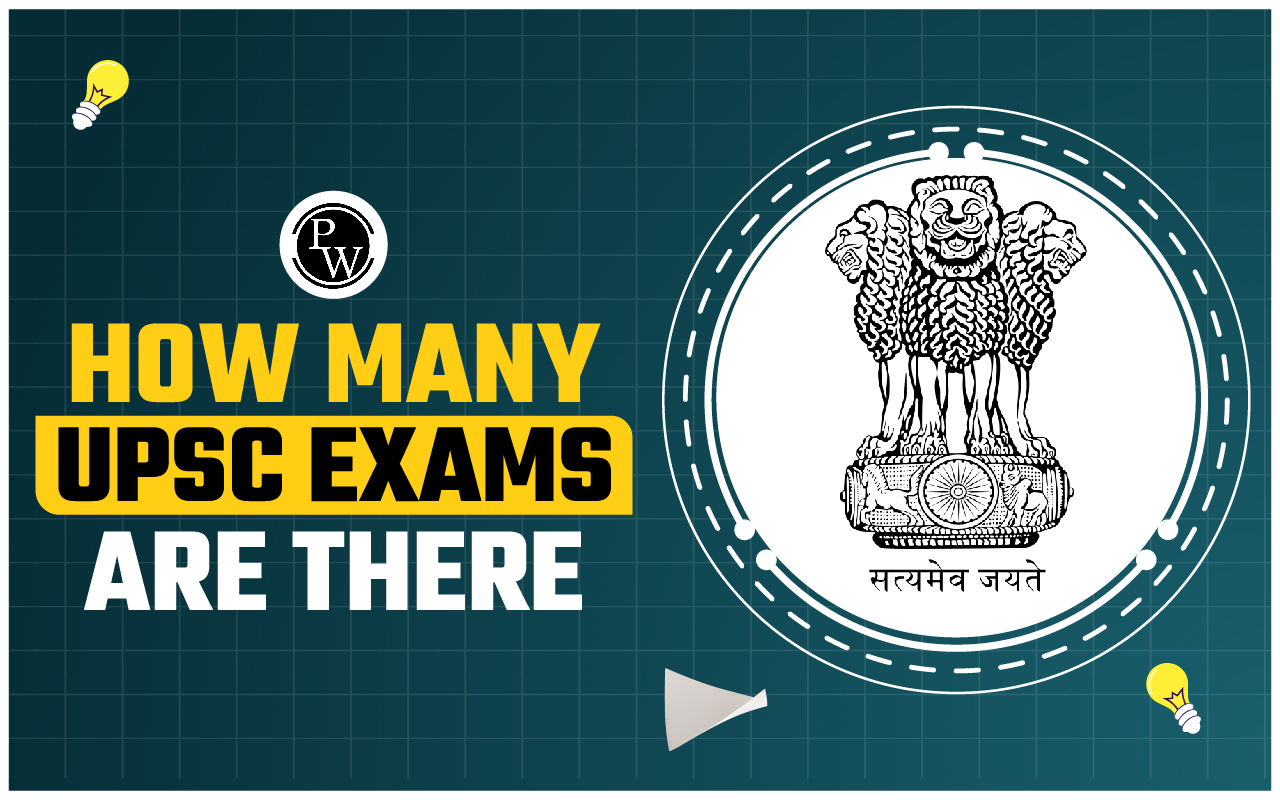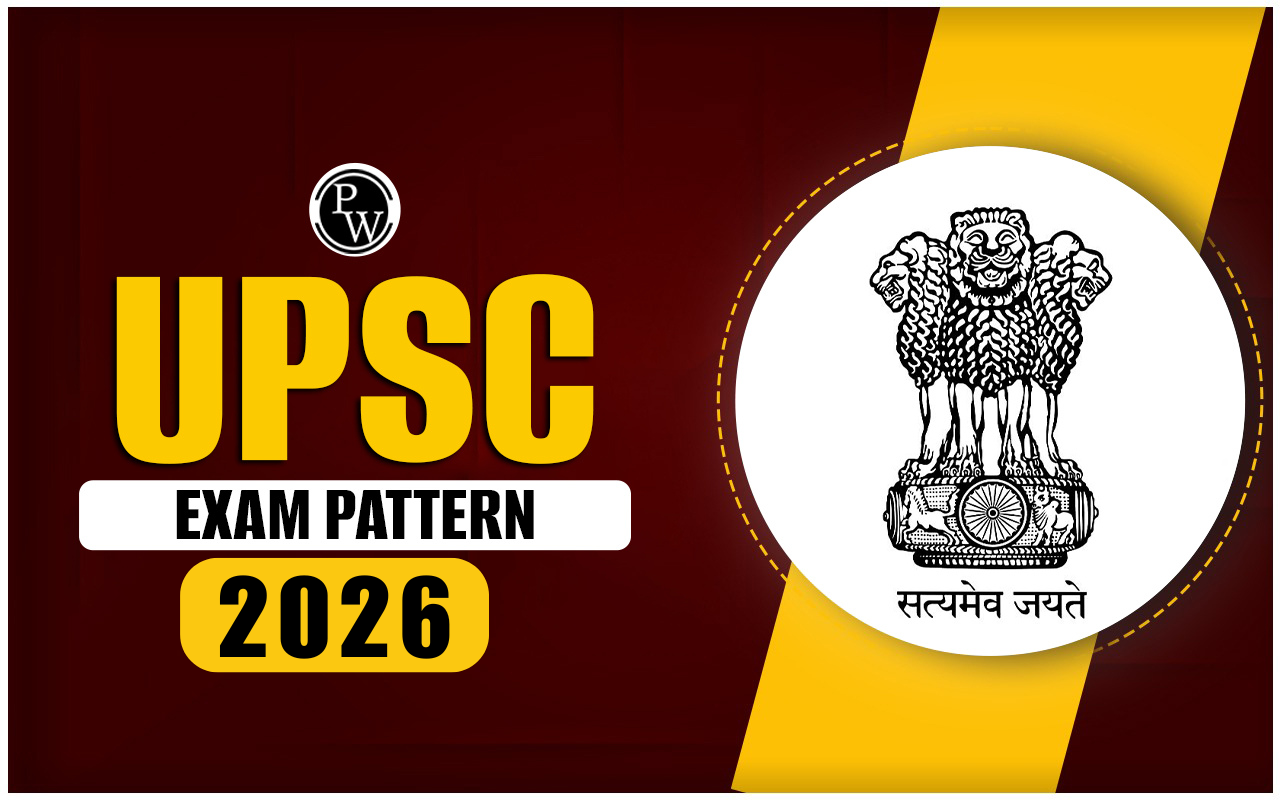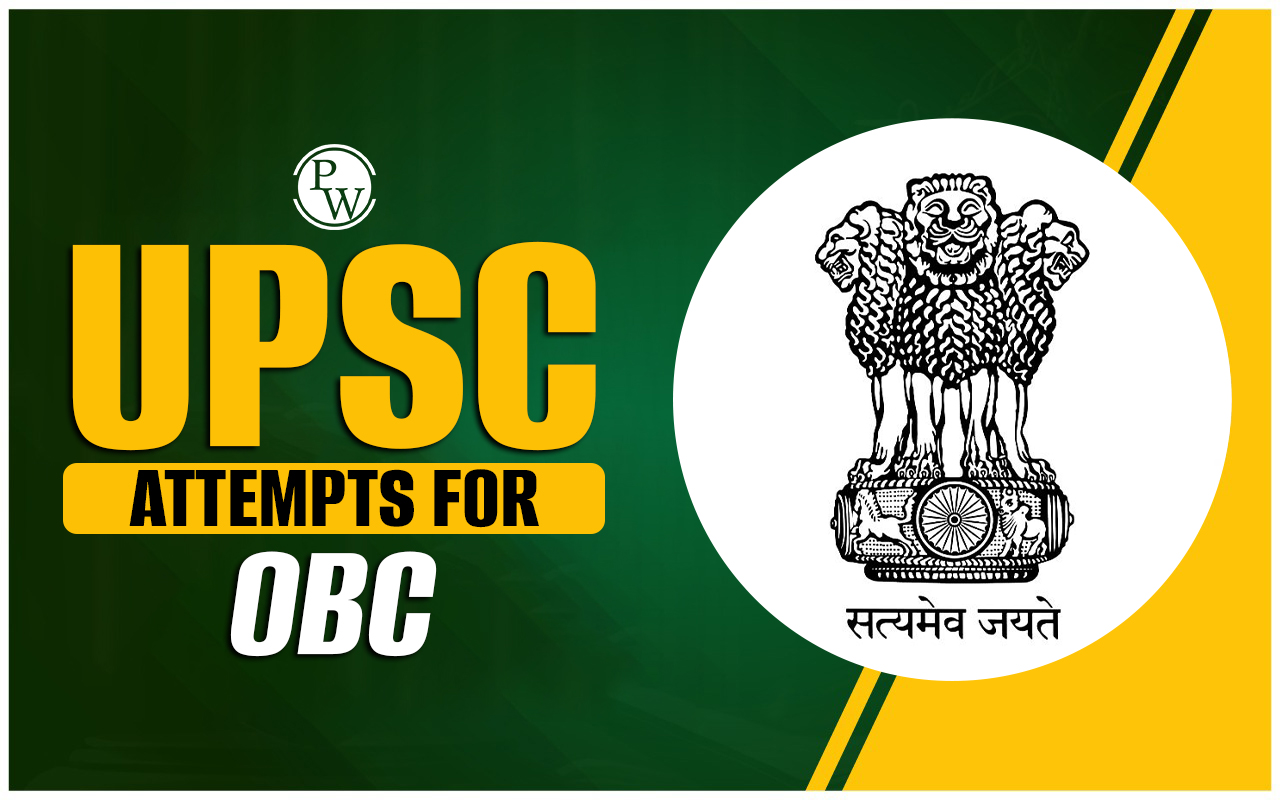
The Waqf Board (Amendment) Bill 2025 has been approved by both houses of Parliament with a majority. This bill was prepared along with the Mussalman Wakf (Repeal) Bill, 2024 in August putting the spotlight on the Waqf Boards.
The Waqf Board is an important institution in India that manages properties dedicated to charitable purposes under Islamic law. Waqf boards play a crucial role in ensuring that Waqf properties are used effectively and transparently. However, over the years, the Waqf Board has faced several challenges, including issues related to property management, legal disputes, female representation, and the need for reforms.
Latest Order of the Supreme Court on Waqf Amendment Bill 2025
The Supreme Court recently examined the Waqf Amendment Bill 2025 and decided not to stop the entire Act, but it has paused some major new rules for now. One important rule that required a person to be a practising Muslim for at least five years before creating a waqf has been stayed until state governments make clear rules for this condition. The court also put on hold the rule giving power to certain officers to decide if a waqf property encroaches on government land, saying only tribunals can decide such ownership matters.
Another key issue was the inclusion of non-Muslim members in Waqf Boards, which the court has allowed but advised to keep their number limited. The Supreme Court clarified that these orders are only temporary, and everyone can give more arguments when the final decision is made. The main aim of the order is to balance the rights of all communities and keep waqf properties protected until all sides are fully heard.
Waqf Amendment Bill 2025 Passed
The Waqf Amendment Bill 2025 has been finally passed by Parliament. With this, the bill is all set to become an Act and modernize the management of Waqf properties by enhancing transparency, accountability, and inclusivity. The Waqf bill was introduced in 2024 and was sent to the Joint Committee of Parliament (JCP) which approved important changes to the Waqf (Amendment) Bill. It focuses on:
- Non-Muslim properties declared as Waqf
- Rights of Muslim women and legal heirs
- Upliftment of the poor
- Addressing administrative challenges
- Empowerment of backward classes & other sects of Muslim communities
What is Waqf?
Waqf is an Islamic endowment of property to be held in trust and used for a charitable or religious purpose. The term "waqf" comes from the Arabic word meaning "confinement" or "prohibition." In simpler terms, it means dedicating property in the name of God for religious or charitable purposes. Waqf can be formed through a deed by a donor, known as the ' Waqif', or by converting a property that has been used for religious or charitable reasons for a significant period of time. To establish a Waqf, the waqif must be of sound mind and own the property, though they need not be Muslim as long as they adhere to Islamic principles . These Waqf properties are looked after by an organization specific to this purpose known as the Waqf board.Waqf Board Full Form
Waqf Management System is the full form of the Waqf Board in India and is responsible for the regulation and management of Waqf properties under Islamic law. It was established under the Waqf Act of 1995; Boardoard ensures the proper use, protection, and administration of these assets across all states and union territories in India, promoting transparency and accountability in Waqf management for the benefit of the Muslim community.
Waqf Properties
Once a property is designated as a waqf, it cannot be sold, inherited, or gifted, as it is considered to belong to Allah. According to the data on the Waqf Management System of India, there are around 3.5 lakh waqf estates and 8.7 lakh immovable properties. Of these total Waqf properties, the Waqf board has 330000 digitized records (PIB). A lot of issues are concerned around waqf properties including irrevocability, litigation and mismanagement, unsatisfactory survey, etc.About Wakf Act 1954
The concept of waqf and the administration of waqf properties have existed for centuries. However, the formal establishment of Waqf Boards in India took place with the enactment of the Wakf Act of 1954 , which was later replaced by the Wakf Act of 1995 to streamline and improve the administration of waqf properties. The Wakf Act 2013 governs waqf properties and their administration in India. This act introduced significant amendments to enhance the management of waqf properties, ensuring better accountability and transparency. Wakf Act 1995 It defines " waqf" as the permanent dedication of any movable or immovable property for any purpose recognised by Muslim law as pious, religious, or charitable.
|
- It changes terms from "Wakf" to "Waqf" and "Wakfs" to "Auqaf" and introduces new definitions, such as "encroacher" and adjustments to the list of waqf-related terms and concepts.
- The Act mandates states to maintain updated lists of auqaf and complete a survey of these properties within a year, with provisions for the appointment of Survey Commissioners and other administrative officials.
- It establishes a Central Waqf Council to advise on board operations and issue directives and includes provisions for the removal of board chairpersons and detailed procedures for handling disputes and administrative functions.
- The Act also includes penalties for unauthorized occupation and alienation of waqf properties, with stipulations for improved management, documentation, and oversight of waqf property administration.
What is the Waqf Board?
The Waqf Board is a statutory body established under the provisions of the Waqf Act, 1954 to manage and regulate Waqf properties in India. The board operates under the supervision of the state government and is recognized as a legal entity or juristic person. The Central Waqf Council provides advisory support to ensure the boards function effectively. The primary functions of the board include:- Maintenance of Waqf Properties: The Waqf Board is responsible for ensuring that waqf properties are properly maintained and utilized for their intended purposes.
- Registration of Waqf Properties: All waqf properties must be registered with the Waqf Board.
- Administration: The Board administers the waqf properties, ensuring they are used for charitable or religious purposes as intended by the donors.
- Supervision and Control: The board supervises and controls the management of waqf properties by mutawallis (custodians).
Sunni Central Waqf Board
The Sunni Central Waqf Board is responsible for managing Waqf properties belonging to the Sunni sect of Islam in India. It is the largest Waqf board in the country and has been involved in several high-profile disputes over Waqf properties.Shia Central Waqf Board
The Shia Central Waqf Board is responsible for managing Waqf properties belonging to the Shia sect of Islam in India. It works in coordination with the Central Waqf Council and state Waqf boards to ensure the proper utilization of Waqf properties for the benefit of the Shia community. Currently, there are 872,292 registered waqf board properties in India spread across 8 lakh acres.Composition of Waqf Board
As stated, the Waqf Board is a legal entity that can sue or be sued in a court of law. The members of the board consist of the state government nominees, members from the Muslim community, members of the state Bar Council, mutawalis, and government officials.| Composition of Waqf Board | |
| Chairperson | Leads the Board |
| State government nominees | Representatives appointed by the state |
| Legislators and parliamentarians | State representatives from the Muslim community |
| State Bar Council members | Muslim Legal experts providing guidance |
| Mutawalis | Managers of waqf with an annual income of Rs 1 lakh and above |
| Islamic scholars | Religious experts contributing to decision-making |
Waqf Board Powers
The Waqf Board is responsible for managing Waqf properties, recovering lost properties, and allowing the transfer of these properties through methods like sale, gift, mortgage, exchange, or lease. For any transaction to proceed, at least two-thirds of the board members must agree. The board also appoints custodians to make sure that the Waqf and its income are used for their intended purposes. The Central Waqf Council (CWC), which was set up in 1964, supervises and gives advice to the Waqf Boards at the state level throughout India. Some of its key powers are:- Inspection: The Board can inspect waqf properties and accounts to ensure compliance with the law.
- Appointment of Mutawallis: The Board has the authority to appoint or remove mutawallis if necessary.
- Legal Actions: It can take legal actions to protect waqf properties from encroachment or misuse.
- Audit: It conducts regular audits of waqf accounts and properties.
Central Waqf Council
The Central Waqf Council (CWC) is a statutory body established in 1964 by the Government of India under the Waqf Act of 1954. CWC functions under the control of the Ministry of Minority Affairs and primarily functions as an advisory body to the central government, state government, and Waqf Boards. It can also oversee the work of various state Waqf boards and ensure the effective management and administration of Waqf properties across the country. It launches schemes like the Development of Urban Waqf Properties for the effective functioning of Waqf across the country.| Do You Know? Right to Freedom of Religion: Articles 25-28 of the Indian Constitution Articles 25 to 28 of the Indian Constitution guarantee the right to freedom of religion, ensuring that individuals can freely profess, practice, and propagate their faith. Particularly, Article 26 grants religious denominations the right to manage their own affairs, establish institutions, and own property. |
Issues Concerned with Waqf Board
The Waqf Board faces multiple challenges that hinder the effective management of Waqf properties. These issues impact both the administration and the community's trust in the system.- Lack of Diversity: Limited representation within the Waqf Board and Central Waqf Council affects decision-making.
- Misuse of Power: There are issues of misuse of authority among administration, leading to mismanagement of properties.
- Financial Mismanagement: Inadequate maintenance of accounts results in low income from Waqf properties.
- Property Disputes: The principle of irrevocability leads to numerous disputes and claims over properties.
- Encroachments: Issues with removing encroachments persist, complicating property management.
- No Judicial Oversight: The absence of higher judicial review undermines accountability in tribunal decisions.
- Unsatisfactory Surveys: Incomplete surveys of Waqf properties delay registration and management processes.
- Misuse of Provisions: Certain provisions of the Waqf Act have been misused, causing community tensions.
- Constitutional Validity Concerns: The Waqf Act's exclusivity to one religion raises questions about its constitutionality.
| Related Post | ||
| UPSC CSAT Online Coaching | UPSC Syllabus 2025 | UPSC CSAT 2025 |
| UPSC Syllabus In Hindi | UPSC Previous Year Question Paper | UPSC CSAT Formula |
Waqf Board Explained FAQs
What does the Waqf Board stand for?
Do waqf boards pay taxes?
Who controls the Waqf board?
When was the Waqf board established in India?
What is the Central Waqf Council?
What is the meaning of Waqf Board?
Waqf board kya hai?
What is waqf full form?



